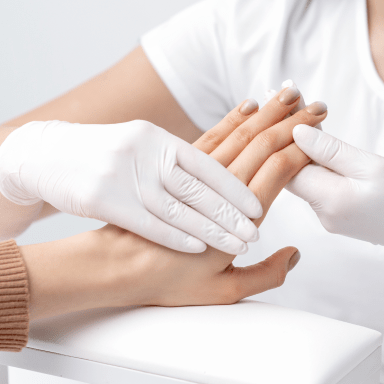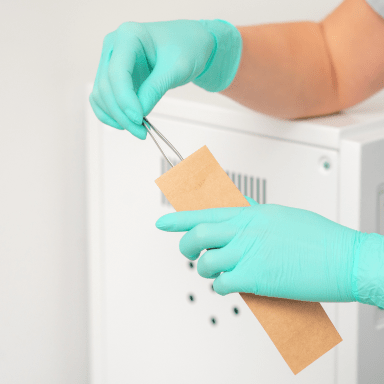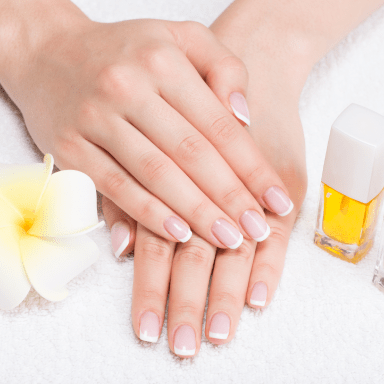Know the Warning Signs: When High Blood Pressure Becomes Dangerous
High blood pressure, often known as hypertension, can sometimes be referred to as a “silent killer” because it may not present any overt symptoms until serious damage has occurred. This FAQ article addresses common queries about high blood pressure, its warning signs, and what patients and healthcare professionals should know. It is designed to help you understand this common yet potentially dangerous condition and guide you on when to seek help, including exploring the benefits of private services offered by reputable providers like Mona Pharmacy.
What is high blood pressure and why is it considered dangerous?
High blood pressure is a condition in which the force of the blood against the walls of your arteries remains consistently elevated. This persistent pressure can cause damage over time, leading to complications such as heart disease, stroke, kidney disease, and even vision loss. The primary danger lies in its often undetected presence; many individuals experience little to no symptoms until significant damage has occurred. This lack of obvious indicators reinforces the importance of regular blood pressure checks and proactive management of your cardiovascular health.
What are the warning signs that high blood pressure is becoming dangerously high?
While high blood pressure is frequently without symptoms, certain warning signs may indicate that it has reached dangerous levels. Patients might experience:
Headaches and Dizziness: Particularly in the mornings, severe headaches and episodes of dizziness may be early signals that your blood pressure is climbing to unsafe levels.
Blurred Vision: Sudden changes in vision clarity can be linked with elevated blood pressure and require immediate attention.
Shortness of Breath: An increased difficulty in breathing or chest discomfort can also be associated with dangerously high blood pressure, especially during physical exertion.
Chest Pain or Palpitations: These symptoms can be a sign of heart strain and signal that your cardiovascular system is under stress. While these symptoms are not definitive on their own, when they occur in tandem, it is important to consult a healthcare professional immediately.
How can I monitor my blood pressure effectively?
Regular monitoring is key to managing high blood pressure before it reaches dangerous levels. There are several approaches available:
In-Clinic Measurements: Regular check-ups with your healthcare provider will enable you to get accurate readings and appropriate advice tailored to your condition.
Home Monitors: Investing in a reliable home blood pressure monitor gives you the flexibility to track your readings frequently. It is important to know how to use the device correctly and record your measurements, which can be discussed during your consultations.
Pharmacy Services: Private pharmacies, such as Mona Pharmacy, now offer blood pressure monitoring as part of their services. This not only saves you time but also provides you with prompt advice from professionals in a comfortable setting. If you are unsure about your readings or need continuous monitoring, consider scheduling an appointment via our booking page for further assistance.
What should I do if I notice alarming symptoms related to high blood pressure?
If you experience any of the warning signs mentioned above – such as severe headaches, blurred vision, chest pain, or dizziness – do not ignore them. It is important to seek medical guidance urgently. While occasional mild symptoms might be attributed to factors such as stress or dehydration, persistent or severe indicators warrant an immediate evaluation. If you are at risk or have a history of hypertension, it is prudent to contact a healthcare professional to assess your condition and make any necessary adjustments to your treatment plan.
Can lifestyle changes help manage high blood pressure?
Absolutely. Adopting a healthier lifestyle is a cornerstone in the management and prevention of high blood pressure. Some effective strategies include:
Dietary Adjustments: Reducing salt intake and focusing on a diet rich in fruits, vegetables, lean proteins, and whole grains can significantly impact your blood pressure. The Dietary Approaches to Stop Hypertension (DASH) diet is widely recommended by healthcare professionals.
Regular Exercise: Engaging in regular physical activity, such as brisk walking, swimming, or cycling, helps maintain healthy blood pressure levels. Even moderate, consistent exercise can yield substantial benefits over time.
Weight Management: Maintaining a healthy weight is crucial, as excess weight can put additional strain on your heart and arteries.
Stress Reduction: Techniques such as mindfulness, meditation, or yoga can help alleviate stress, which in turn may help lower your blood pressure. Small lifestyle changes often have a cumulative positive outcome on overall cardiovascular health.
How can a pharmacy offering private services contribute to managing hypertension?
Modern private pharmacies, such as Mona Pharmacy, are equipped to play a pivotal role in the management of high blood pressure. These pharmacies offer tailored services including blood pressure monitoring, medication reviews, and personalised guidance on lifestyle modifications. The advantage of private services lies in the efficient, patient-centred care provided, often with shorter waiting times and increased flexibility. They serve as an excellent bridge between standard healthcare provision and more frequent, convenient monitoring of your condition.
With experienced healthcare professionals on hand, you can discuss your concerns, receive immediate advice, and have your treatment plan adjusted if necessary. Moreover, the confidential and supportive environment of private services makes it easier to address sensitive topics around health management. If you wish to benefit from a more personalised approach, do not hesitate to book an appointment and discuss your hypertension management with a trusted expert.
When should I consider booking an appointment with a healthcare professional?
It is important to schedule an appointment when:
You have observed recurring symptoms: If symptoms such as continuous headaches, blurred vision, and unexplained dizziness are a recurring part of your daily life, it is time to seek professional advice.
Your self-monitoring indicates abnormal pressure readings: Even if you feel well, abnormal readings recorded at home or during private pharmacy visits may require adjustments to your treatment plan.
Changes in your lifestyle or medication: When you have recently changed your diet, started a new exercise regimen, or if there have been changes in your medications, it is advisable to have your blood pressure monitored closely to ensure that these adjustments are having the desired effect.
Remember, high blood pressure management is an ongoing process that benefits from proactive attention. Engaging with healthcare professionals on a regular basis ensures that you are not only managing your condition but also reducing the risk of complications in the future.
In conclusion, understanding the subtle warning signs of increasing blood pressure is crucial for both patients and healthcare professionals. Whether it is through regular monitoring, making informed lifestyle changes, or utilising private healthcare services for more immediate and personalised care, the key is to stay informed and proactive in your health management. Take the next step towards safeguarding your health by consulting with a professional – book an appointment today to receive expert guidance and comprehensive care.






